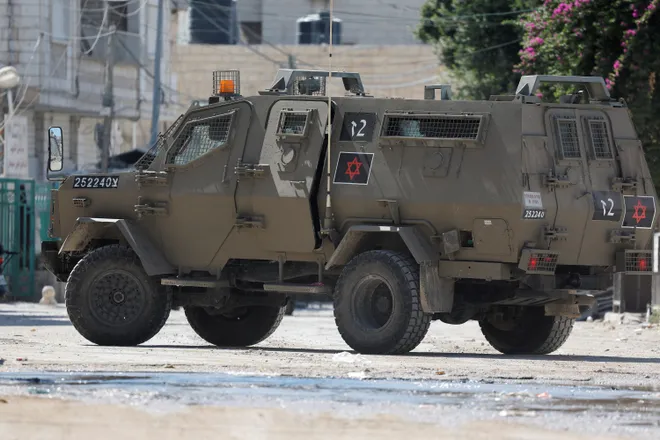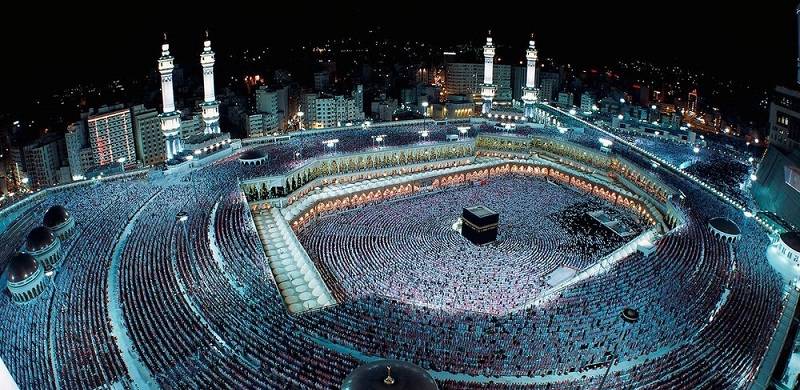Israel’s Military Offensive in the West Bank
In a dramatic escalation of violence, Israeli forces have launched a significant assault on the West Bank, targeting what they describe as militant strongholds. This operation has resulted in numerous casualties and widespread destruction, further exacerbating the already volatile situation in the region. The offensive, which Israeli officials are calling “a war for everything,” has drawn international attention and condemnation, with many questioning the proportionality and motivations behind the military’s actions.

Ground and Air Operations Intensify
The Israeli Defense Forces (IDF) have deployed a combination of ground troops, airstrikes, and artillery to carry out the operation, focusing on specific areas known to harbor militant activity. According to IDF reports, the primary targets are the leaders and infrastructure of militant groups that have been responsible for recent attacks on Israeli civilians and military personnel. However, the intensity of the assault has led to significant civilian casualties, with hospitals in the West Bank overwhelmed by the influx of injured people.
Humanitarian Concerns and International Reactions
As the assault continues, humanitarian organizations have raised alarms about the potential for a large-scale humanitarian crisis. The destruction of homes, schools, and medical facilities has left thousands of Palestinians without shelter or access to essential services. The international community, including the United Nations and several human rights organizations, has called for an immediate ceasefire and the opening of humanitarian corridors to allow for the safe passage of civilians and the delivery of aid.
Voices from the Ground
On the ground, the situation is dire. Residents of the West Bank have described scenes of chaos and devastation, with many expressing fear for their lives and the lives of their loved ones. “This is not just a military operation; it’s a war for everything we have,” said one resident, who asked to remain anonymous for fear of reprisal. “We are living in constant fear, not knowing if we will make it through the night.”
Political Ramifications and the Path Forward
The assault on the West Bank is likely to have significant political ramifications, both within Israel and in the broader Middle East. Israeli Prime Minister Benjamin Netanyahu has defended the operation, stating that it is necessary to ensure the safety and security of Israeli citizens. However, critics argue that the offensive is likely to further inflame tensions and could lead to a broader conflict in the region.
In the international arena, Israel’s actions have strained relations with several key allies, particularly those who have long advocated for a two-state solution to the Israeli-Palestinian conflict. The ongoing violence has also sparked protests in several countries, with demonstrators calling for an end to the assault and a renewed focus on diplomatic efforts to resolve the conflict.
Looking Ahead: The Impact on Peace Efforts
As the situation in the West Bank remains fluid, the long-term impact of this assault on peace efforts in the region is uncertain. While Israeli officials maintain that the operation is a necessary response to terrorism, many fear that it will only serve to deepen the divide between Israelis and Palestinians, making the prospect of a peaceful resolution even more remote. The international community’s response in the coming days and weeks will be crucial in determining the next steps in this ongoing conflict.
The situation in the West Bank is a stark reminder of the deep-seated tensions that continue to fuel the Israeli-Palestinian conflict. As the world watches, the need for a peaceful and just resolution has never been more urgent. The outcome of this conflict will have far-reaching implications not just for the region, but for global stability.
For more insights on international conflicts and their implications, visit Digital Digest.






